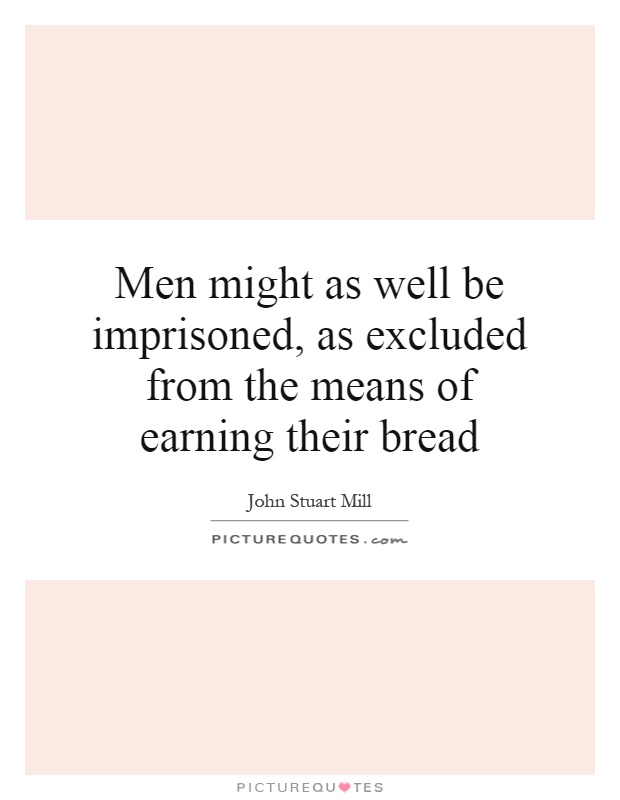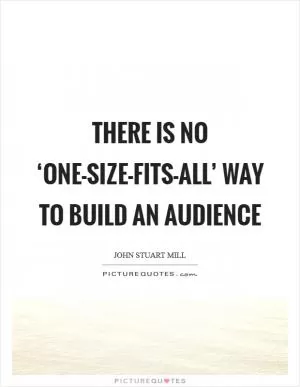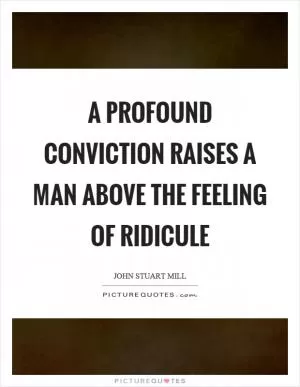Men might as well be imprisoned, as excluded from the means of earning their bread

Men might as well be imprisoned, as excluded from the means of earning their bread
In his seminal work, "Principles of Political Economy," John Stuart Mill delves into the complex relationship between labor, capital, and the means of earning a livelihood. One of the key arguments he puts forth is that the exclusion of men from the means of earning their bread is akin to imprisonment, as it deprives them of their fundamental right to self-sufficiency and independence.Mill's assertion is rooted in the belief that work is not just a means of earning a living, but a fundamental aspect of human dignity and self-worth. He argues that when individuals are denied the opportunity to work and provide for themselves and their families, they are effectively stripped of their agency and autonomy. This, in turn, leads to a sense of powerlessness and dependence that is akin to being imprisoned.
Furthermore, Mill highlights the economic implications of excluding men from the means of earning their bread. In a society where a significant portion of the population is unable to find gainful employment, there is a strain on social welfare systems and a decrease in overall productivity. This, in turn, can lead to increased poverty, social unrest, and a host of other negative consequences.
Mill's argument is particularly relevant in today's world, where issues such as automation, globalization, and economic inequality are increasingly shaping the labor market. As technology continues to advance and traditional jobs are replaced by machines, many individuals find themselves marginalized and excluded from the workforce. This not only has economic implications but also profound social and psychological effects.












 Friendship Quotes
Friendship Quotes Love Quotes
Love Quotes Life Quotes
Life Quotes Funny Quotes
Funny Quotes Motivational Quotes
Motivational Quotes Inspirational Quotes
Inspirational Quotes